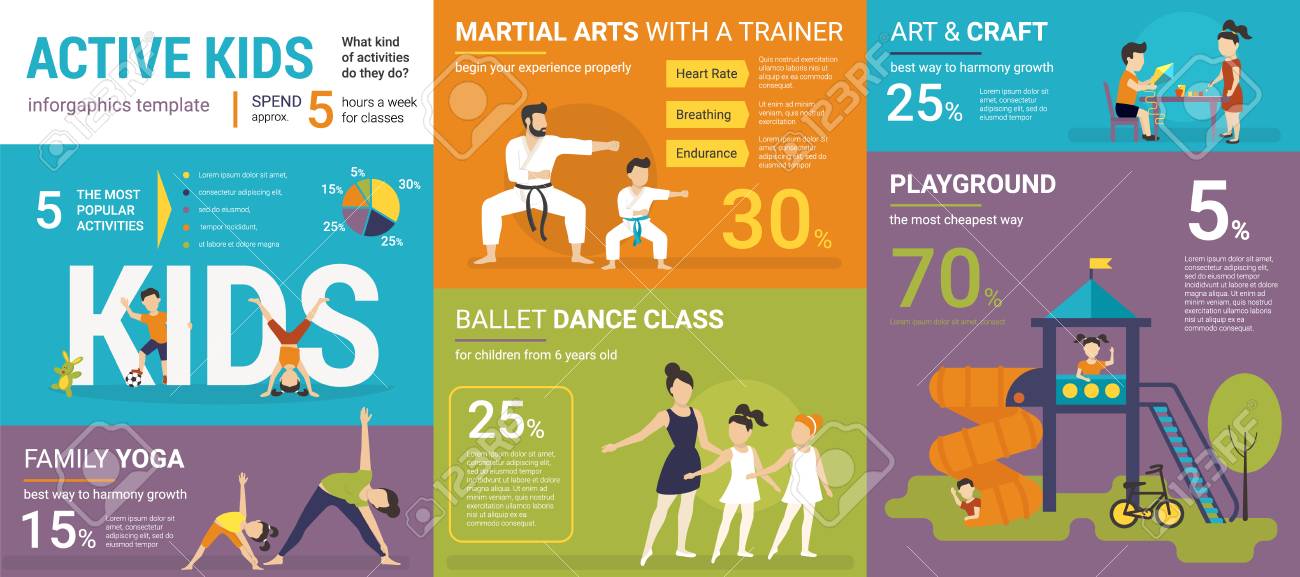Turn On The Possibility Of Martial Arts To Acquire Psychological Quality And Emotional Steadiness-- Uncover The Transformative Results This Technique Can Carry Your Life
Turn On The Possibility Of Martial Arts To Acquire Psychological Quality And Emotional Steadiness-- Uncover The Transformative Results This Technique Can Carry Your Life
Blog Article
Web Content Create By-Fyhn Wells
Martial arts provide greater than just physical abilities; they offer a pathway to mental quality and psychological equilibrium. As you engage in disciplined technique, you'll find that your body and mind begin to balance. This connection can cause enhanced focus and strength in day-to-day life. Yet just how exactly does this improvement happen, and what details advantages can you expect as you embark on this trip?
The Mind-Body Connection: How martial arts Boost Psychological Well-Being
When you take part in martial arts, you're not just training your body; you're also supporting your mind. The physical activities need emphasis and technique, which directly influence your mental wellness.
As you discover strategies and enhance your abilities, you grow confidence and strength, essential traits for navigating life's obstacles. Each practice serves as a kind of meditation, enabling you to release tension and stress and anxiety while honing your focus.
The balanced patterns of your motions create a circulation state, where worries discolor, and quality arises. You'll locate that the mind-body link enhances as you proceed, bring about better psychological security and self-awareness.
Ultimately, martial arts can be a powerful tool for boosting your psychological health and wellness and general sense of wellness.
Cultivating Mindfulness and Focus Via Martial Arts Training
As you submerse yourself in martial arts training, you normally grow mindfulness and emphasis. Each activity requires your complete interest, pulling you away from diversions and right into the present moment.
Whether you're exercising a kata or competing with a companion, you learn to listen to your body and respond with accuracy. This heightened understanding hones your mental faculties, permitting you to far better concentrate on jobs outside the dojo.
In addition, the rhythmic nature of training sessions urges a reflective state, where you can clear your mind and ground yourself.
In Learn Alot more , this technique of being totally present enhances your capacity to concentrate in day-to-day live, boosting your total mental clarity and emotional stability.
Embrace this journey, and enjoy your mindfulness thrive.
Structure Psychological Durability and Self-confidence in Martial Arts Practitioners
Martial arts training not only hones physical abilities but additionally builds emotional resilience and self-confidence. As you face difficulties in the dojo, you find out to press with discomfort and conquer worry. martial arts that can kill step onto the floor covering, you're not simply exercising methods; you're developing a state of mind that accepts problems as chances for growth.
The self-control called for in martial arts educates you to handle anxiety and stress, both in training and every day life. You'll see just how your self-worth embellishments as you attain brand-new belts and abilities.
This trip fosters a deep feeling of achievement, empowering you to deal with life's obstacles with a restored point of view. Inevitably, martial arts outfits you with the tools to browse psychological ups and downs with elegance and stamina.
Final thought
Including martial arts right into your life can be a powerful action towards achieving inner tranquility. As you train, you'll discover just how your body and mind connect, improving your psychological well-being. The emphasis and mindfulness you cultivate will certainly help you navigate tension and obstacles with better ease. Plus, as you develop emotional strength and self-confidence, you'll discover a renewed sense of self-assurance. Welcome this trip, and allow martial arts direct you towards a much more balanced and tranquil life.
